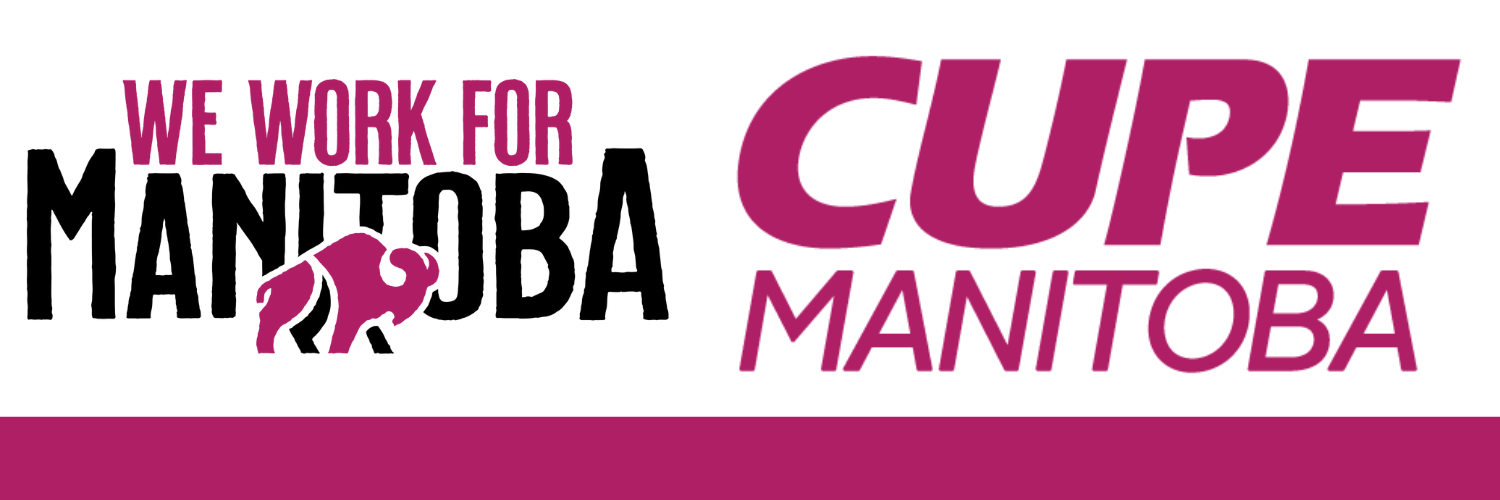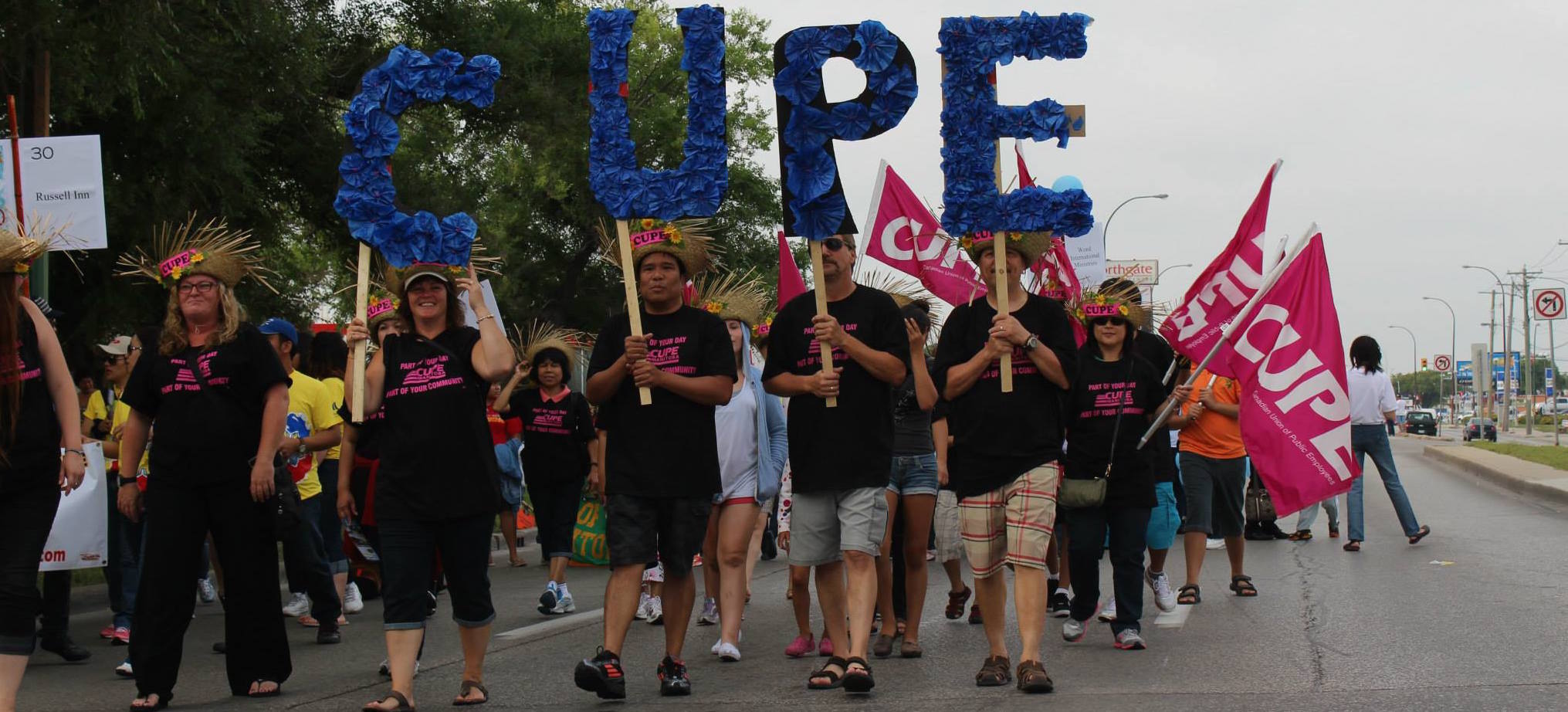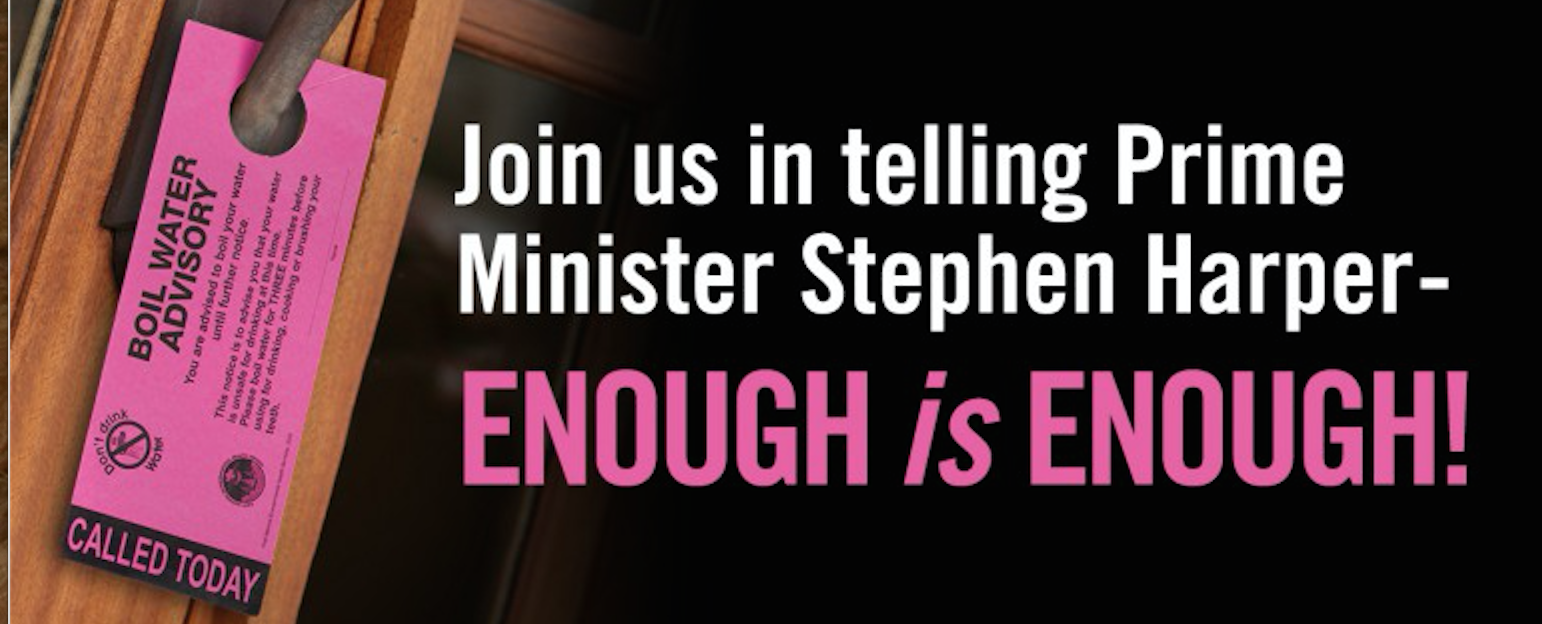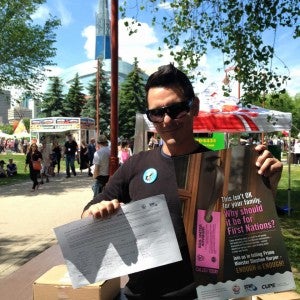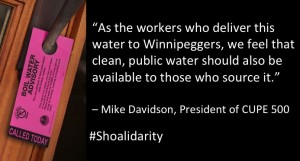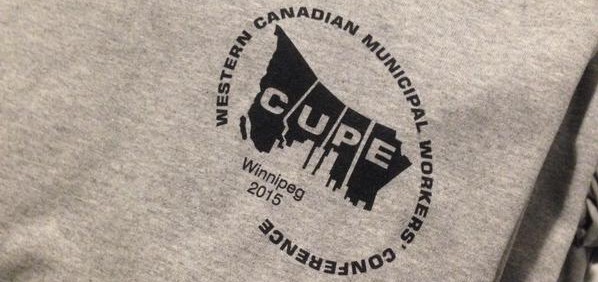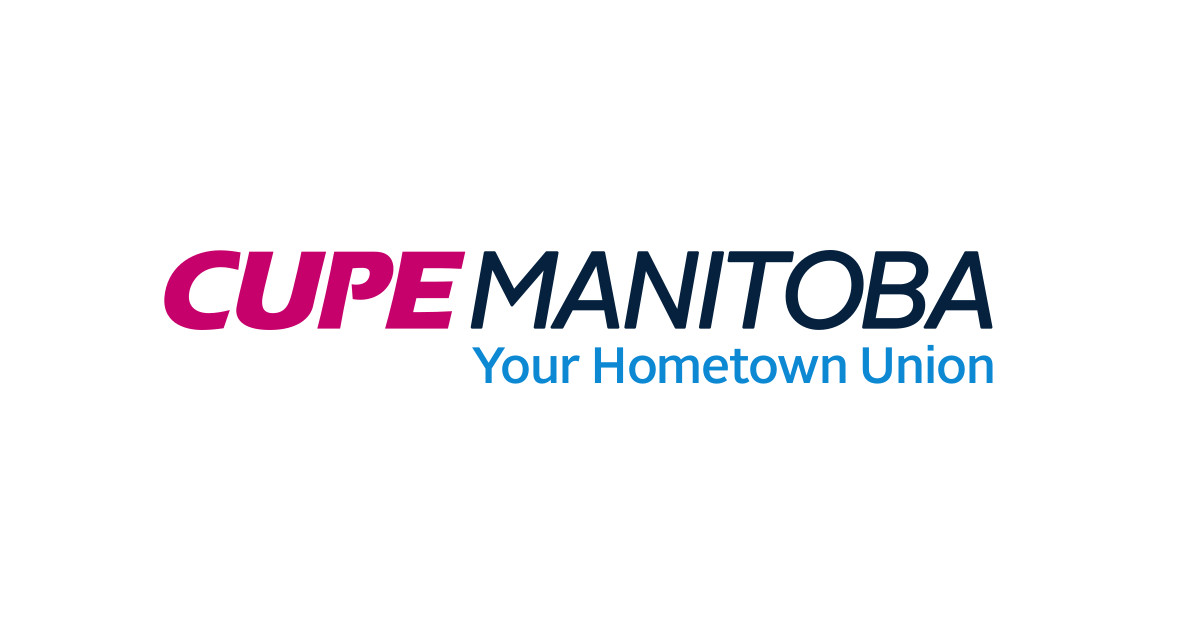Winnipeg – Members of CUPE Local 2348, representing Community Support Workers, Community Liaison Officers, and Cross Cultural Support Workers spoke out at the June 8th Winnipeg School Division Board of Trustees meeting in support of continued resources for the community.
“Every hour counts when it comes to working with vulnerable or at-risk youth,” said Sandy Deng, CUPE 2348 Cultural Diversity Chair. “Our schools are diverse, and CUPE 2348 members believe we need adequate staffing to address that diversity.”
Earlier this month CUPE Local 2348 received word that many of these jobs will be facing a significant reduction in hours. This would reduce important contact time between the school system and vulnerable youth and their families.
By Friday June 5th the Local was informed that the cuts would no longer be in effect for the upcoming school year!
“The Aboriginal youth demographic is the fastest-growing in the Division, along with newcomer and refugee youth,” said Deng. “The needs of the student body are rapidly changing, and inter-cultural supports are key to helping address the serious challenges many of these students face – from language barriers to poverty.”
CUPE 2348 is looking for leadership from the Winnipeg School Division and Provincial Government to prioritise stable, permanent funding for Community Support Workers in our schools. Twenty Community Support Workers were in attendance at the meeting, along with Community Liaison Officers, parents of students, and community organizers.
“Community Support Workers have created invaluable relationships between students, families, and our education system,” said Michael Champagne, Street Educator and founder of Aboriginal Youth Opportunities and Meet Me at the Bell Tower. “We cannot lose the trust that has been built between our schools and our village, the community.”
“In the wake of the Truth and Reconciliation Commission’s report, there is no doubt that these students need ongoing, real-time community-based supports to help navigate the school system” Winnipeg Labour Council President Dave Sauer told the Board. “Governments at all levels must prioritise these students and programs”.
Members of the Board applauded delegates for their presentations, and acknowledged the value of Community Support Workers in the Division.
CUPE Local 2348 will continue to put pressure on all levels of government to restore and increase funding allotments for Community Support Workers in an effort to ensure stable, reliable funding for this important work.
CUPE Local 2348 represents over 700 members who work in social service agencies across Manitoba, including Community Support Workers, Community Liaison Officers, and Cross Cultural Support Workers at the Winnipeg School Division.
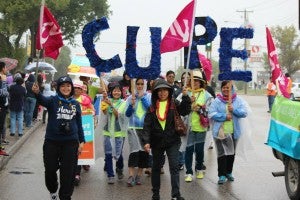 We will be marching in the parade, and we’ll also have a booth on-site during the festival.
We will be marching in the parade, and we’ll also have a booth on-site during the festival.